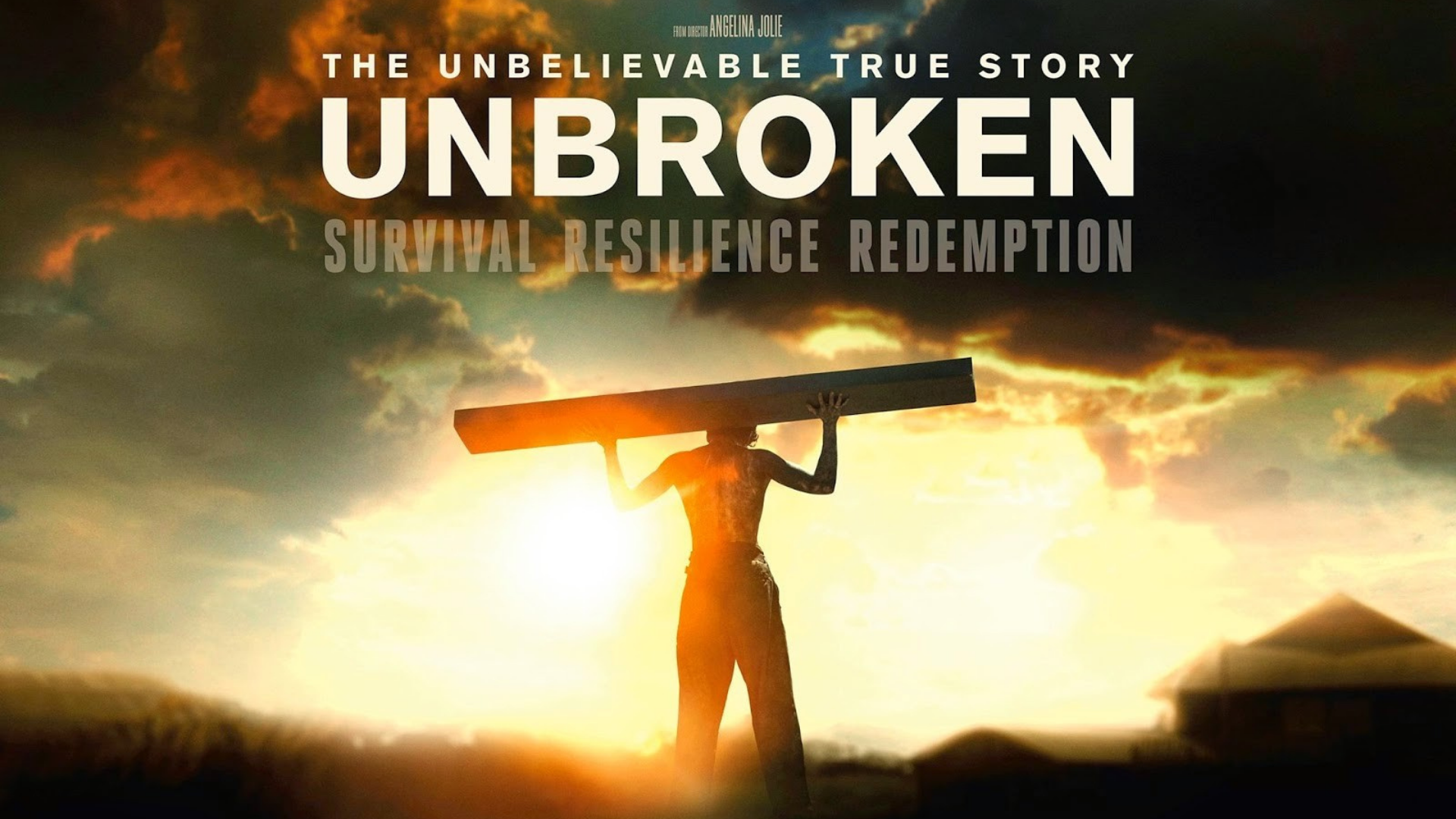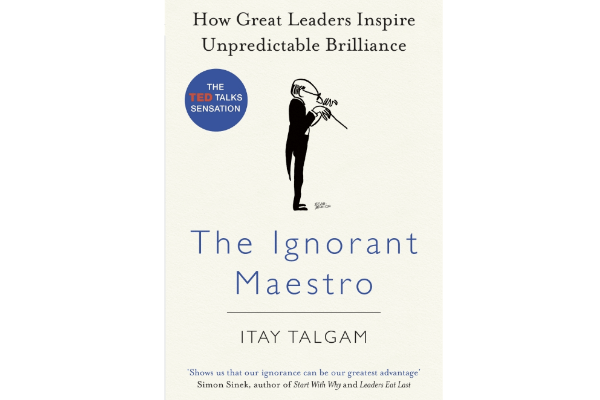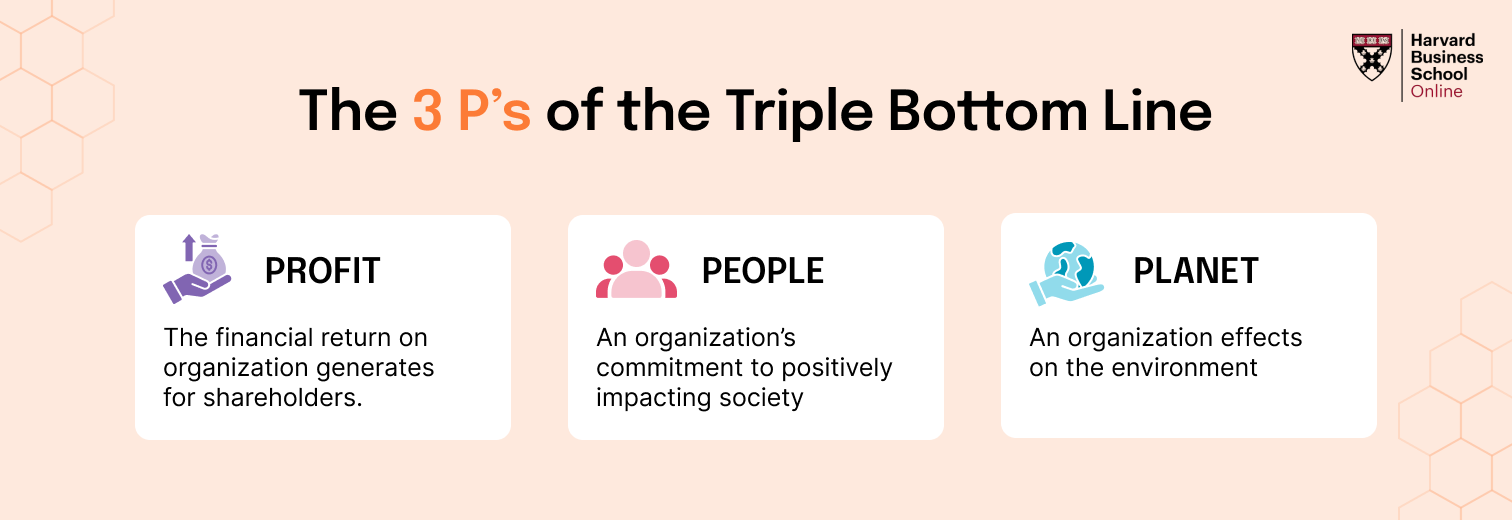Learning Resilience and Leadership Through the Lens of Cinema
Table of Contents
At FocusU, we often explore unconventional sources of inspiration for leadership development. One such medium that we find deeply impactful is cinema. Films, when chosen thoughtfully, are more than just entertainment – they can spark deep reflection, reveal core values, and present powerful examples of human strength and leadership in action. One such film that stood out to us is Unbroken, the remarkable true story of Louis Zamperini.
Directed by Angelina Jolie and based on the bestselling book Unbroken: A World War II Story of Survival, Resilience, and Redemption by Laura Hillenbrand, the film captures the incredible journey of a man who embodies grit, endurance, and grace under pressure. As facilitators who work with corporate leaders and teams, we saw more than just a war movie – we saw layers of insight that translate meaningfully into leadership and life.
Let us walk you through some reflections from the movie, with takeaways that we’ve drawn from our experiences working with leaders and teams across organizations.
1. Channeling Potential: Energy in the Right Direction
As a young boy growing up in California, Louis Zamperini was often in trouble – stealing, fighting, and generally disrupting his community. But his older brother Peter recognized something extraordinary in him: Louis could run. Channeling that energy into athletics transformed Louis into an Olympic runner who earned national acclaim.
Corporate Takeaway: In our experience working with new managers and emerging leaders, one of the most underrated skills is the ability to spot raw potential and redirect it constructively. Just like Peter saw beyond the chaos and into Louis’s capabilities, great leaders see through the noise and identify where team members’ energy can be best utilized. Channeling passion – even if it’s rough around the edges – can yield astonishing results.
This has implications in onboarding, coaching, and even conflict management. It’s not about fixing people; it’s about enabling them to discover and unleash their own strengths.
Related Reading: Why Is It Important To Follow Your Passion?
2. Situational Awareness and Agility Under Pressure
After his plane crashes in the Pacific during World War II, Louis spends 47 days adrift on a lifeboat. With limited resources, he and two fellow crew members survive shark-infested waters, scorching heat, and starvation. Louis’s resourcefulness – catching birds and fish, collecting rainwater – was crucial to their survival.
Corporate Takeaway: We’ve often discussed the importance of situational leadership in our programs. What Louis demonstrates here is adaptive thinking – a key trait in today’s VUCA world. As many leaders have experienced during remote work transitions or sudden team disruptions, having a clear head and the ability to work with what’s available is a huge differentiator.
Agility is not just a buzzword – it’s the capacity to pivot with purpose. This mindset can be nurtured through experiential learning formats and reflective practice.
Related Reading: Why Situational Awareness Matters?
3. The Silent Power of Forgiveness
Perhaps the most moving part of Unbroken comes years after Louis returns from war. He survived brutal torture as a prisoner of war under a sadistic Japanese guard. Despite the trauma, Louis chooses to forgive. He even writes a letter to his former tormentor, expressing that while he suffered, he holds no hatred.
Corporate Takeaway: Forgiveness in the workplace might sound lofty – but in our experience, it’s essential. Whether it’s letting go of a team member’s past mistake, overcoming a difficult manager’s legacy, or forgiving oneself for poor judgment – there is incredible power in not carrying resentment.
Forgiveness fosters psychological safety. It allows teams to move forward. When grudges and old wounds fester in organizations, they eat away at trust. Leaders who practice forgiveness model courage—not weakness. Louis teaches us that closure doesn’t always come from the outside – it begins within.
4. Resilience Is Not a Buzzword – It’s a Practice
Louis’s survival across multiple impossible scenarios – from being lost at sea to enduring mental and physical torture in POW camps – is a masterclass in resilience. But what we often overlook is that resilience doesn’t mean the absence of pain. It means staying the course even when everything feels broken.
Corporate Takeaway: In our workshops on resilience and well-being, we talk about micro-habits that help build emotional muscle. What stood out in Louis’s story was not just his grit, but how he preserved hope. Resilience is not about being stoic – it’s about bouncing forward.
We’ve seen leaders build resilience through reflective journaling, seeking mentorship, practicing gratitude, and engaging in consistent self-care. Building resilient teams also means creating environments where people feel supported, not shamed, during setbacks.
Related Reading: 5 Sources To Draw Resilience From
5. Redefining Leadership Through Self-Mastery
Louis never held a formal leadership title during the film, yet he influenced everyone around him – his crewmates, his fellow prisoners, and eventually, the world. His leadership was born not from authority, but from self-mastery. He chose dignity over rage, presence over panic, compassion over cruelty.
Corporate Takeaway: This reminds us that leadership is not about designations – it’s about decisions. In our experience with first-time managers and seasoned executives alike, those who focus on managing themselves – emotions, impulses, reactions – naturally earn followership.
Self-leadership, emotional intelligence, and clarity of purpose are powerful traits we help leaders cultivate. Louis’s journey is a shining example of that inner compass.
Related Reading: 10 Essential Leadership Qualities
6. Purpose Creates Endurance
Even in the worst conditions, Louis’s sense of purpose kept him going. Whether it was surviving for the sake of his family or running with the Olympic torch decades later in Japan, Louis never lost sight of who he was and what he stood for.
Corporate Takeaway: One of the key questions we ask during leadership coaching is: What keeps you going? Purpose gives meaning to adversity. It helps teams weather transitions, realign after failures, and persist through ambiguity.
We’ve seen teams transform when they reconnect with their “why.” Purpose is not a mission statement – it’s an anchor. Helping people connect personal purpose with organizational goals creates motivation that no bonus or title can substitute.
7. The Power of Storytelling in Leadership Development
The reason Unbroken leaves such a lasting impact is because of its compelling narrative. We remember stories, not statistics. The emotional journey of Louis Zamperini becomes etched in memory precisely because it connects us to our own vulnerabilities and strengths.
Corporate Takeaway: We’ve found storytelling to be one of the most powerful tools in leadership facilitation. Whether it’s leaders sharing moments of failure, teams recounting project journeys, or organizations celebrating customer wins – stories make values visible.
Encouraging leaders to craft and share their personal leadership narrative often unlocks self-awareness and connection in ways that traditional training methods don’t.
Related Reading: 10 Short Stories To Kickstart Your Storytelling Journey
Final Reflection: Becoming Unbroken
In a world that often measures success by output and achievement, Unbroken reminds us that true leadership is about inner strength. Louis Zamperini’s life wasn’t defined by medals or rank – it was defined by character.
In our experience working with organizations across industries, we’ve come to believe that the best leaders are those who’ve faced hardship, reflected deeply, and chosen to respond with integrity. That’s why stories like Louis’s matter – they make the invisible qualities of leadership visible.
As we wrap up, we encourage you to:
- Revisit your own story. What have you survived? What lessons did it teach you?
- Ask: Where can I bring forgiveness into my leadership?
- Think: How can I help my team discover their hidden strengths, like Peter did for Louis?
- Reflect: Am I living and leading in alignment with my purpose?
The journey to becoming “unbroken” is not just about surviving challenges – it’s about emerging stronger, wiser, and more human. And that, to us, is the essence of true leadership.
Have you watched Unbroken? What leadership reflections did it spark for you or your team? We’d love to hear your thoughts.













